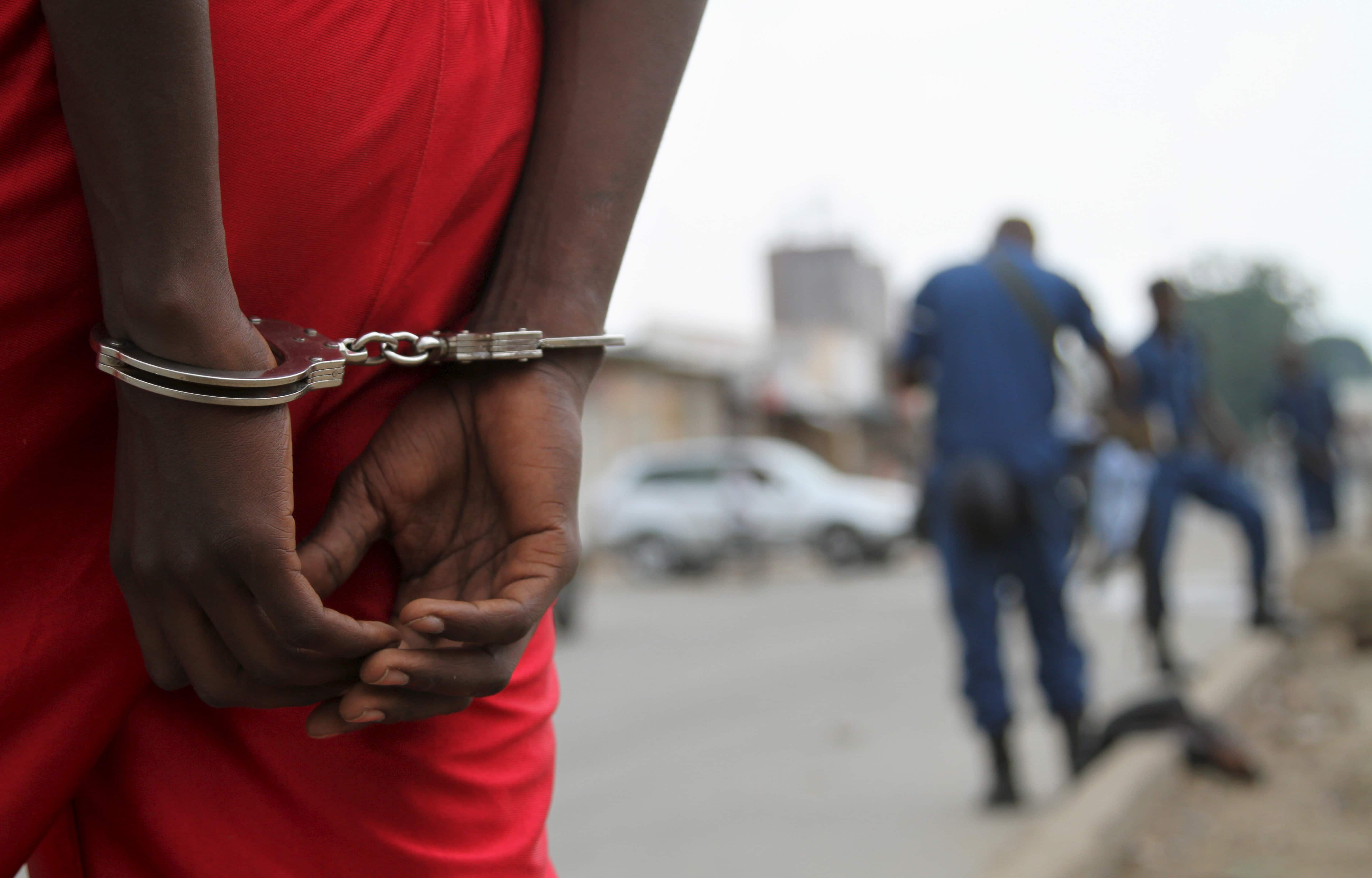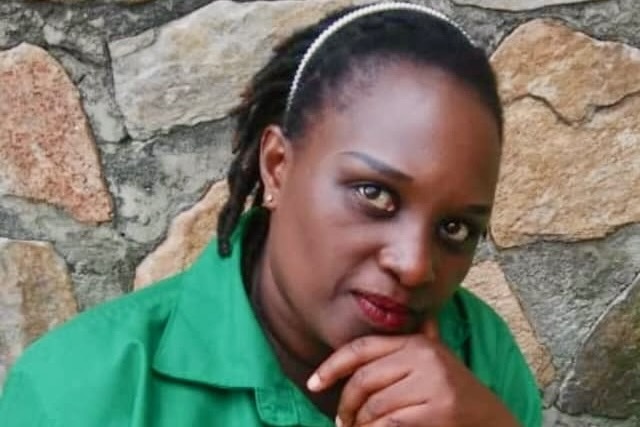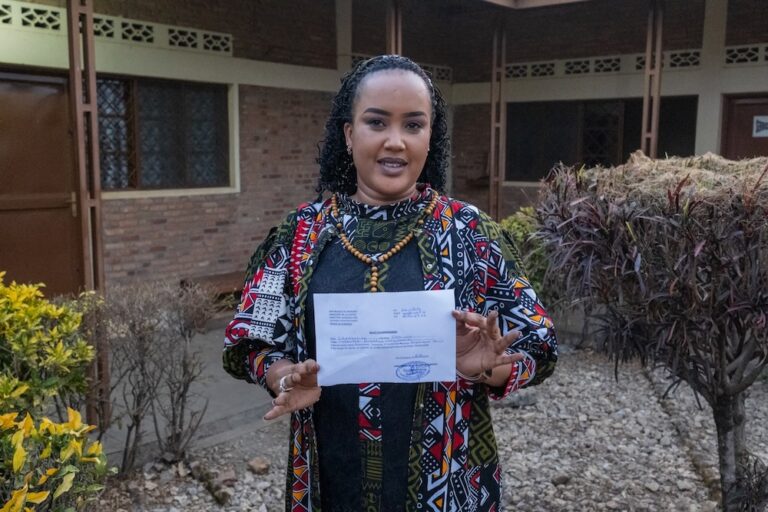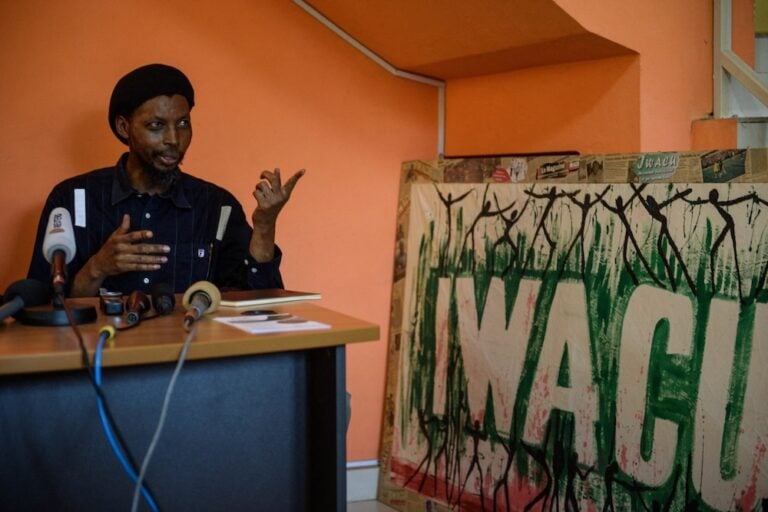Intelligence officials told some detainees they would be killed if they spoke about their treatment and ordered others to lie or promise not to talk to human rights groups. Intelligence agents have followed and threatened people suspected of giving information to human rights groups.
This statement was originally published on hrw.org on 7 July 2016.
Burundian intelligence services have tortured and ill-treated scores of suspected government opponents at their headquarters and in secret locations, Human Rights Watch said today. Police and members of the ruling party’s youth league, the Imbonerakure, have also committed serious abuses, often in collaboration with the intelligence services.
Agents of Burundi’s national intelligence service (Service national de renseignement, SNR) have increasingly been responsible for torturing alleged opposition sympathizers taken into custody. They have beaten detainees with hammers and steel construction bars, driven sharpened steel rods into their legs, dripped melting plastic on them, tied cords around men’s genitals, and used electric shocks. Detainees who were tortured or injured have been denied medical attention and many have been held in stinking, windowless cells.
“Politically motivated torture by the Burundian intelligence services has reached new levels and has become increasingly vicious,” said Daniel Bekele, Africa director at Human Rights Watch. “Intelligence agents treat suspected opponents horrifically because they know they can get away with it. The government should call a halt to torture immediately.”
The United Nations Security Council should deploy international police to Burundi with a strong protection mandate and set up an international commission of inquiry to investigate torture and other grave abuses, Human Rights Watch said.
Since April, 2016, Human Rights Watch has interviewed more than 40 torture victims from nine provinces and the capital, Bujumbura. Some were interviewed outside the country. Torture and ill-treatment appear to have become more widespread, and torture techniques more brutal, following a failed coup in May 2015 and several grenade attacks on bars by unidentified men in Bujumbura and elsewhere since early 2016. While it is difficult to ascertain the full scale of the abuses, the number of people tortured by intelligence agents across the country is most likely much higher than the number of cases Human Rights Watch documented. The UN reported 651 cases of torture in Burundi between April 2015 and April 2016.
For security reasons, Human Rights Watch is not making public the names of interviewees and other information. Intelligence officials told some detainees they would be killed if they spoke about their treatment and ordered others to lie or promise not to talk to human rights groups. Intelligence agents have followed and threatened people suspected of giving information to human rights groups.
Former detainees, including opposition party members, told Human Rights Watch that intelligence agents beat them with water pipes weighted with steel construction bars, often until they bled or had difficulty standing. One said that a policeman working at the SNR headquarters poured a liquid over his body that burned him so badly he begged to be killed. Another said an SNR agent smashed bones in his legs with a hammer. A former detainee said an SNR agent interrogated him while an Imbonerakure dripped melting plastic on him. They also used pliers to cut his genitals, while an Imbonerakure told him: “You will end up revealing the secrets of [opposition leader Alexis] Sinduhije.”
Detainees and others with knowledge of the SNR headquarters in Bujumbura’s Rohero neighborhood said that the compound has several unofficial cells where detainees who had been tortured were hidden from international monitors.
Police officials have also tortured and ill-treated detainees. A police officer used pliers to pull out the tooth of one detainee. The victim told Human Rights Watch: “[The police officer] said he would pull out a tooth every day until I admitted I worked for human rights. I was in so much pain, and there was lots of blood.”
Several young men said the police arrested them for no stated reason, provided no warrants and rarely observed arrest procedures, and then beat them.
The Burundian authorities should seek the assistance of the UN Office of the High Commissioner for Human Rights and humanitarian agencies to identify victims of abuse who need medical assistance, and provide the necessary assistance, including specialized medical care outside their detention site, Human Rights Watch said.
Imbonerakure, meaning “those who see far” in Kirundi, have also been responsible for numerous abuses across the country, Human Rights Watch said. Imbonerakure operating at two major border crossings between Burundi and Rwanda have openly arrested suspected opponents in front of police, military, and border officials and accused them of collaborating with Burundian opposition members living in Rwanda. Witnesses said that in some cases the Imbonerakure appeared to have more power than the police.
“Local residents say that no one dares confront the Imbonerakure because of their power and influence,” Bekele said. “The authorities have allowed the Imbonerakure to operate outside the law, so the government needs to take responsibility for their actions.”
In May, Human Rights Watch wrote to Etienne Ntakirutimana, the head of the SNR, who reports directly to President Pierre Nkurunziza, with questions about alleged abuses, but received no reply. However, the public security minister, Alain Guillaume Bunyoni, who oversees the police, sent a five-page reply in which he wrote that it was “unthinkable” that police could have mistreated detainees and that it would be a “serious error to assert gratuitously” that the police arbitrarily arrested, tortured, or ill-treated suspected government opponents. He denied categorically that the police collaborated with the Imbonerakure.
Armed opposition groups have also attacked security forces and ruling party members, including police and Imbonerakure. A high-ranking Imbonerakure told Human Rights Watch that more than 50 Imbonerakure had been killed across the country since April 2015, including at least four in grenade attacks in Bujumbura in May 2016. Human Rights Watch was unable to confirm these figures.
The UN Security Council should urgently set up an independent, international commission of inquiry and authorize the deployment of an international police force in Burundi, Human Rights Watch said. While coordinating with the Burundian police, the international police should maintain their independence and not provide assistance to the Burundian security forces.
The commission of inquiry should have expertise in criminal, judicial, and forensic investigations and conduct in-depth inquiries with a view to establishing responsibility for the most serious crimes. It should focus on torture by the intelligence services and the police, particularly the role of senior intelligence and police officials.
UN and African Union human rights observers in Burundi should intensify their visits to SNR and police detention facilities to deter and document torture. They should publish frequent detailed reports on their findings, including on any attempts by the authorities to obstruct or restrict their full access to detention centers.
In April, the International Criminal Court announced a preliminary examination of the situation in Burundi. Other countries should consider investigating and prosecuting through their national courts, under the principle of universal jurisdiction, Burundians found on their territory who are believed responsible for ordering and carrying out torture and other serious rights violations.
The facilitator of talks between Burundian political actors, former Tanzanian president Benjamin Mkapa, should give priority to human rights concerns. Mkapa should press all sides to stop committing rights abuses and call upon the government to stop torture by the intelligence services and the police.
“The Burundian government claims the national justice system is independent and that individuals who commit abuses are held to account. Authorities should prove this by investigating and prosecuting those responsible for the systematic torture taking place in Burundi today,” Bekele said. “But President Nkurunziza is ultimately responsible for the torture by the national intelligence services and police, so he should take appropriate action.”
For further information on torture and other abuses, please click here.
Intelligence agents treat suspected opponents horrifically because they know they can get away with it. The government should call a halt to torture immediately.



